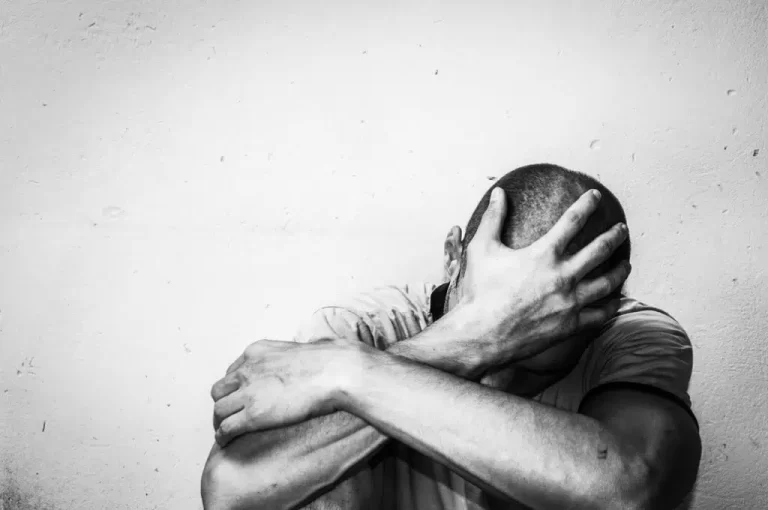Preparing for rehab can be intimidating because it’s unlike anything you’ve done before, but taking time to complete a few important things ahead of time can make the transition into a rehabilitation center much easier.
It’s completely normal to feel unsure or anxious, particularly when you’re actively hitting the pause button on your day-to-day life (e.g., school, work, social). But once you know what you need to do and make the necessary arrangements, you can concentrate on your physical, mental and emotional health and recovery.
Tips for Preparing for Rehab
Here’s how to prepare for drug and alcohol rehab in three easy steps:
- Understand what type of treatment you need
This will help you make the right preparations. The clinical team at Miramar Recovery Center can help you determine whether you’ll need a 24-hour inpatient rehabilitation program or an outpatient rehabilitation program. Inpatient rehab is a live-in program in which patients receive supervised and highly structured care from a team of clinicians who are specialized in the diagnosis and treatment of addiction. Outpatient rehab is for those who have a milder addiction and want to get sober on a more flexible schedule. - Get your house in order
This includes your professional and personal house. First, you’ll need to tell your manager that you are getting help for addiction. You will also want to talk to your human resources manager to find out if your employer offers substance abuse treatment coverage. If you are a working professional and have worked at your job for at least 12 consecutive months, it’s important to know that you are entitled to up to 12 weeks of medical leave under the Family and Medical Leave Act. Second, you need to discuss your decision to go to rehab with your family and roommates. You will also need to ensure things like kids, pets, plants, mail, and bills are taken care of before you leave for rehab. Doing these things will ease your mind and allow you to fully focus on your recovery. - Take care of your finances
Once you enter rehab, you may not have access to any online sources, so it’s important to take care of your bills and other financial obligations ahead of time. You can place your bills on an automatic payment schedule or have a family member pay the bills for you. Removing these burdens will relieve stress while you’re in rehab.
Essentials to Pack When You’re Preparing for Rehab
It’s important to find out exactly what you can and cannot bring into your rehabilitation center because each one has different rules. Generally speaking, here is a starter list that can help you prepare for rehab:
- A list of contacts and their contact information
- Comfortable clothing (e.g., shirts, pants, socks, underpants)
- Winter gear if needed (e.g., coat, hat, gloves, scarf, boots)
- Robe
- Sneakers
- Comfortable slippers
- Identification
- Personal hygiene products (e.g., shampoo, conditioner, soap, shaving items, tooth care items, hairbrush, laundry items)
- Prescription medications
- Stationary or a journal
- Reading material
- Alarm clock
Here is a list of items you should avoid braining to rehab:
- Any and all nonprescription and over-the-counter drugs
- Alcohol
- Narcotics
- Pornography
- Food
- Beverages
- Electronic cigarettes
- Sporting equipment
- Aerosols
- Any type of cell phone, tablet or laptop that can connect to the internet
- Inappropriate clothing (e.g., short shorts, halter tops or any clothing that lets people see your skin or underwear when you lift your arms or move your legs)
Write a letter to yourself or keep a journal
Whether you consider yourself a writer or not, keeping a journal throughout your rehab experience can be a powerful way for you to see your progress. Journaling is an effective way to prioritize problems, fears and concerns. It can help improve your mood, recognize triggers and learn better ways to control them. It also provides you with a unique opportunity to practice positive self-talk and identify negative thoughts, emotions or behaviors. Here are five reasons to keep a journal during rehab:
- It can help you identify and cope with your triggers (things that make you want to use again).
- It will shed light on negative or self-defeating thoughts.
- Self-reflection will help keep your recovery on track.
- It can help you cope with anxiety or stress in a healthy way.
- It can benefit your mental health and help prevent relapse.
Journaling is also an important tool for seeing how far you’ve come once your inpatient rehabilitation comes to an end and gives you the confidence to continue your recovery as you transition back to your daily routine. When you’re ready to take the first step toward lifelong recovery, call Miramar Recovery Center at (949) 691-5036 to ask us about our rehabilitation treatment programs or to schedule a free consultation with one of our skilled and compassionate clinicians.


